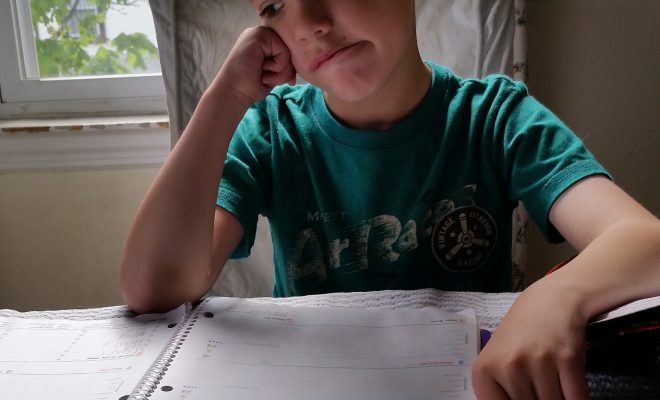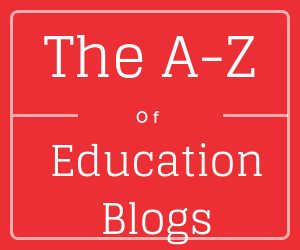Pass or Fail: The Psychological Effects of Social Promotion and Retention

In this multi-part series, I provide a dissection of the phenomenon of retention and social promotion. Also, I describe the many different methods that would improve student instruction in classrooms and eliminate the need for retention and social promotion if combined effectively.
While reading this series, periodically ask yourself this question: Why are educators, parents and the American public complicit in a practice that does demonstrable harm to children and the competitive future of the country?
How impressionable were you growing up? Do you think what your teachers and peers thought of you mattered? As an adult, you likely don’t feel the weight of other peoples’ opinions the way you did as a child. Children have yet to establish their own identity, though, so outside factors easily influence their sense of self.
Often, studies concentrate on the obvious issues regarding grade retention, yet researchers Jessica Fanguy and Richard D. Mathis consider these effects to only be the tip of the psychosocial iceberg. Although grade retention has significantly reduced student numbers in schools, consideration of the cause of this is perhaps more relevant and indicative of the true underlying cost. Furthermore, the psychosocial delays that lead to the dropping out of retained students are more likely to be long-lasting, and often time permanent.
Erik Erikson stages of identity development and his research, which has ready application to retention and social promotion policies, sheds considerable light on these issues. Erikson specifically noted that having a high level of self-esteem was critical to identity development for adolescents. When young adults feel good about themselves, they develop a positive identity. Those who do not possess a pleasant self-image, tend to struggle with their identity and can acquire maladaptive or dysfunctional behaviors.
As Fanguy and Mathis point out, Erikson’s theory regarding identity development focuses on individual psychological growth, including how it pertains to adolescent life, and isolates social components of development that include family, school, and peers. In their study, Fanguy and Mathis specifically apply this theory to demonstrate the damaging psychosocial fallout for grade-retained students.
In student and parent interviews, Fanguy and Mathis noted that the most common cause for retention was environmental stress, apathy towards school, insufficient preparation for the following grade level and poor behavior patterns. These were the causes the interview subjects, both students and parents, identified as ultimately leading to retention. Whether these were the actual root, and whether or not they might have been something more abstract (such as the quality of teaching or the nature of the testing), could not be easily gauged from the student or parent perspective.
Fanguy and Mathis performed an in-depth study using eight students who had been retained in eighth grade, five white and three black students of five boys and three girls. All except one were middle class, with the remaining student in a lower income bracket. In a series of interviews with the students and their parents, Fanguy and Mathis discovered several factors that led to their retention.
Three of the students cited environmental factors. These encompassed being sick for a portion of the year, one’s mother had been sick, and one lived in a “bad” neighborhood with ongoing struggles due to drug transactions and the accompanying violence. Other issues included poor behavior patterns and lack of preparedness. Three of the students noted that severe apathy set in after they were retained. For two of these students, their apathy was directly related to the inability to perform their schoolwork.
Hopelessness in the face of difficult assignments led them to give up, both inside and outside of the classroom. Several children expressed extreme distress once they discovered they had been retained, with others noting they became angry and withdrawn. Two female students, reported a heartbreaking sense of loss after their friends had moved on and that friendships were completely severed.
An enormous issue experienced by five of the eight students was relentless bullying by peers. Names such as “stupid” and “dumb,” were used to tease the retained students. Two male study participants got into fights with other students as a result of the harassment. Interestingly, most of the parents were unaware their children were being bullied. The prominence of psychosocial issues tracing back to retention were profound. The overwhelmingly negative reaction from retained students suggests there’s both strong and detrimental impact on their self-esteem.
Think back on your childhood. How would you have responded if you were retained in school? What lasting impact would retention have had on your relationships, motivation level and identity development as a child?






